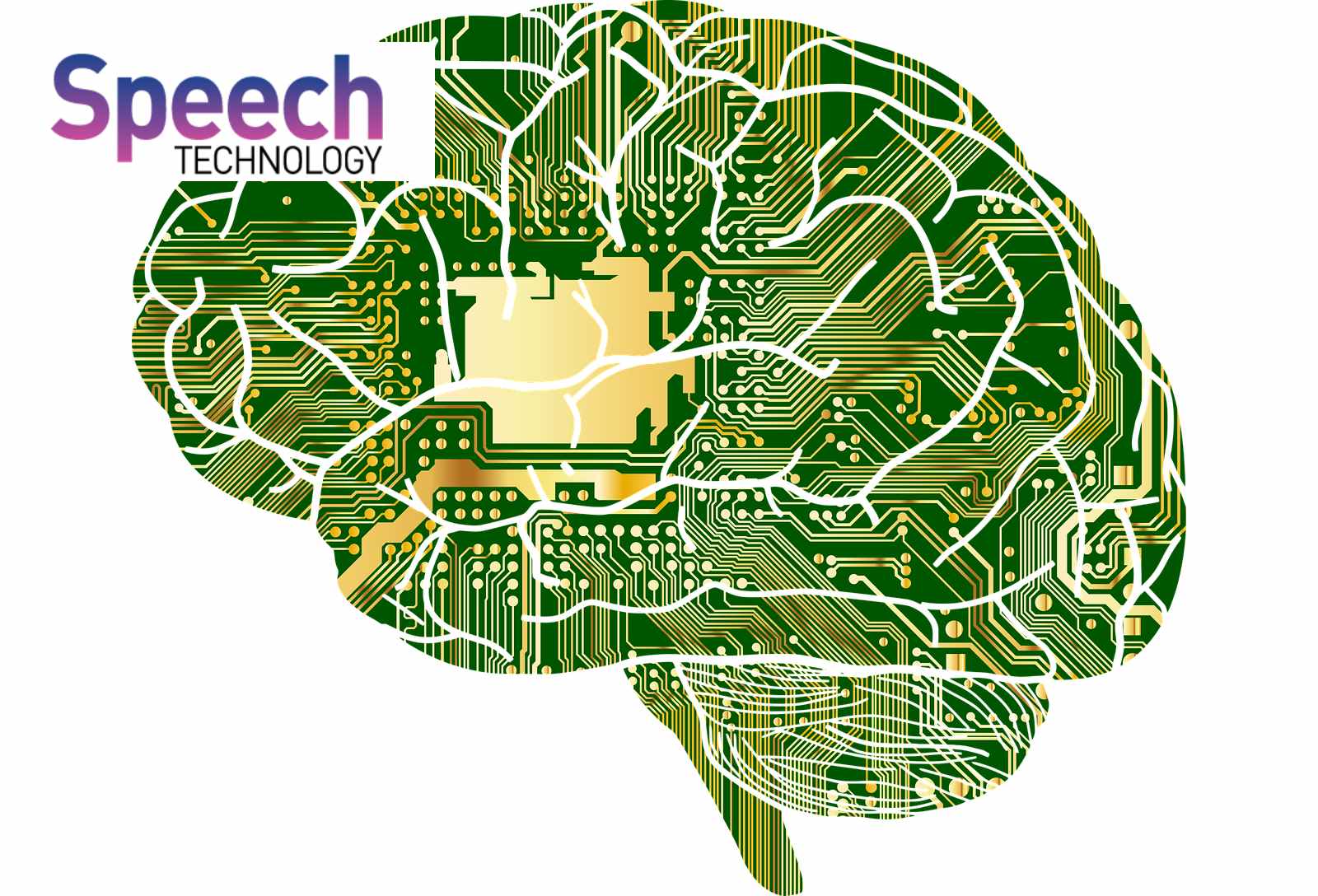
The Importance of EmotionAI and Voice Tech for Social Work
The field of social work is one of the most demanding professions in America, and often one of the most understaffed and underfunded. Especially in urban centers where the patient-to-social worker ratio is 1,000 to one when a 50 to one ratio is recommended. Rana Gujral writes on Speech TECHNOLOGY, on the adversities health professionals face, and how AI can help them close that gap and drastically amplify their abilities.
“AI has the power to remove much of the added burden placed on these individuals by streamlining processing and paperwork and freeing more time to focus on the most important things a social worker does every day.”
Rana Gujral, CEO at Behavioral Signals
Social workers can easily miss issues with so many patients and work demands. And when talking about abusive home situations for children or suicide risks, there is no room for omissions. In many cases, Artificial Intelligence could have supported social workers to evaluate cases based on data like age, history of calls, history of mental illness, or existing criminal records and identify potential suicide risks and abuse.
According to Gujral, Machine Learning and Emotion AI technology can help reduce the percentage of time doctors, and social workers spend on paperwork and administrative work, evaluate and provide actionable real-time insights, but also ensure the necessary empathy socially sensitive groups require.
To learn more, read the full article Social Workers and AI: How New Voice Tech Can Save Lives


